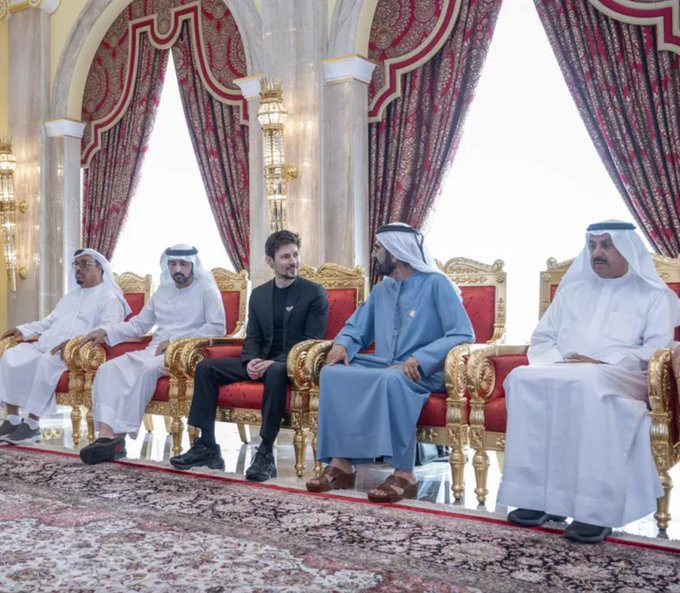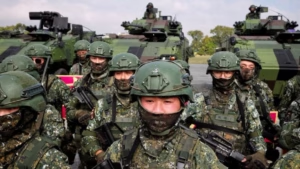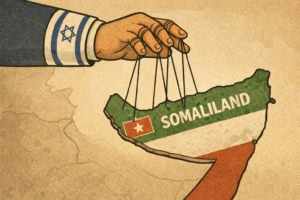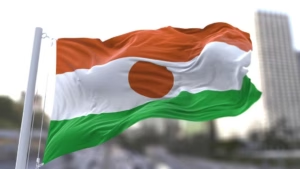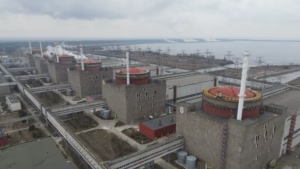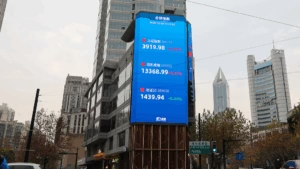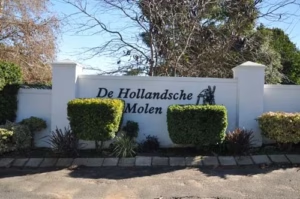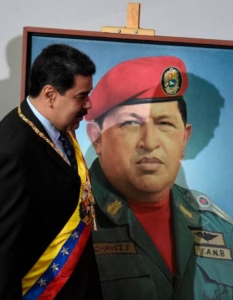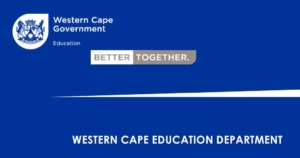On Saturday evening, Telegram founder and CEO Pavel Durov was unexpectedly arrested as he stepped off his private jet at Le Bourget Airport, located just outside of Paris. Durov, who was arriving from Azerbaijan, was accompanied by a bodyguard and a woman. According to TF1Info, the French news outlet that first reported his detention, Durov was taken into custody and spent the night in a French jail.
The arrest followed the issuance of a warrant by the Office for the Prevention of Violence Against Minors (OFMIN), a newly established French law enforcement agency that began operations in November. This investigation is reportedly in its early stages but encompasses a wide range of serious allegations, including drug trafficking, cyberbullying, organized crime, and the promotion of terrorism—all accusations tied to activities allegedly permitted on Telegram. Durov recently claimed the platform has 950 million users worldwide.
Questions have arisen about why Durov would risk traveling to France, given that he was on the country’s wanted persons list. French investigators, who spoke with media outlets, expressed surprise that Durov had landed in France despite this. A police source told Reuters that Durov’s name was flagged on the passenger list before his jet arrived, leading to his arrest.
OFMIN representatives declined to provide details regarding the investigation, instead directing inquiries to France’s Ministry of Justice, which has yet to respond. The Paris Prosecutor’s Office, however, has indicated that a full press release is expected to be issued on Monday.
French authorities appear to be focusing on both Telegram’s lack of content moderation and Durov’s reluctance to cooperate with law enforcement. Reuters reported that the investigation is being led by a specialized cybersecurity unit within the French gendarmerie and the national antifraud police. The investigative judge involved is said to have expertise in organized crime.
Telegram has not responded to requests for comment, while John Hyman, the company’s chief investment officer, declined to comment “currently.” Meanwhile, the Telegram News channel labeled the claims against Durov as “absurd,” adding that Durov has “nothing to hide” and that he travels frequently across Europe. The channel expressed hope for a quick resolution to the situation.
Although French authorities have not officially confirmed Durov’s arrest, the Russian embassy in Paris quickly condemned the lack of communication surrounding his detention. In a statement, the embassy criticized French officials for not providing reasons for Durov’s arrest or facilitating consular access.
“As of today, the French authorities are, at the present time, not cooperating on this issue,”
the embassy stated, noting that they were in contact with Durov’s lawyer. Durov, who became a French citizen in 2021, also holds citizenship in the United Arab Emirates and is based in Dubai.
Concerns about Telegram’s moderation policies have dogged the platform for years. Extremist groups, including Islamist radicals and far-right activists, have reportedly used Telegram to organize and incite violence. Since Russia’s invasion of Ukraine and the conflict in Gaza, Telegram has become a key player in global geopolitics—simultaneously serving as a crucial information source and a platform for disinformation and graphic content. Durov has repeatedly asserted that Telegram remains politically neutral.
“Civil society has had a complicated relationship with Telegram over the years,”
said Natalia Krapiva, a lawyer with the digital rights organization Access Now. Krapiva noted that while Telegram has been defended against efforts by authoritarian regimes to force the platform to hand over encryption keys, concerns remain about its lack of human rights policies and communication channels for users. Krapiva speculated that French authorities might attempt to pressure Durov into providing Telegram’s encryption keys, something Russia has unsuccessfully tried to obtain in the past.
Supporters of Durov have rallied online under the hashtag #FreePavel, with high-profile figures like Elon Musk weighing in. Musk, who has frequently spoken out about free speech, posted on X (formerly Twitter):
“POV: It’s 2030 in Europe and you’re being executed for liking a meme,”
underscoring his concerns about the arrest. Robert F. Kennedy Jr., who recently endorsed Donald Trump for U.S. president, also defended Telegram on X, calling the platform “uncensored” and “encrypted.”
Despite Telegram being widely regarded as an encrypted messaging service, its default settings do not provide end-to-end encryption. Some executives have even described Telegram more as a social network, particularly due to its popular Channels feature, which allows posts to be broadcast to an unlimited number of subscribers.
Right-wing media personality Tucker Carlson also commented on Durov’s detention, referencing claims that Durov fled Russia after the government attempted to seize his company.
“But in the end, it wasn’t Putin who arrested him for allowing the public to exercise free speech. It was a western country,”
Carlson wrote, pointing to an interview he conducted with Durov earlier this year. Carlson’s post has already garnered millions of views, reflecting the widespread attention the case has attracted.
The future of Telegram now appears uncertain, with those close to Durov expressing shock over his arrest.
“I am in shock, and everyone close to Pavel feels the same,”
said Georgy Lobushkin, former head of PR at VK, the social network Durov co-founded. Lobushkin, who remains in contact with Durov, expressed concern about Telegram’s future without its founder at the helm.
“[I] worry a lot,”
he added, when asked about the platform’s leadership in Durov’s absence.
TF1Info reported that Durov is expected to remain in custody during the investigation. One investigator told reporters that
“Pavel Durov will end up in pretrial detention, that’s for sure.”
Anton Rozenberg, who previously worked with Durov both at VK and Telegram, warned that the platform could face significant operational challenges without its founder’s direct involvement. Rozenberg described Durov as personally overseeing nearly every major decision at Telegram, from development strategies and monetization to content moderation and payment systems.
For now, Telegram’s operations are expected to continue as usual, according to Elies Campo, who led the company’s growth and business development from 2015 to 2021.
“Depending on how long this is going to last, it’s like a government, right? There’s this structure, there’s self-momentum,”
Campo explained, adding that Telegram’s relatively small workforce—approximately 60 employees—would help maintain the platform’s infrastructure.
However, Campo and Rozenberg both noted that Durov’s absence could become a critical issue if he is needed to manage payments to infrastructure providers.
“As far as I know, Pavel did the payments,”
Campo stated, raising questions about the company’s ability to maintain operations if its founder remains in custody.
As French authorities continue their investigation, the situation remains fluid, with the potential to significantly impact one of the world’s largest messaging platforms.

